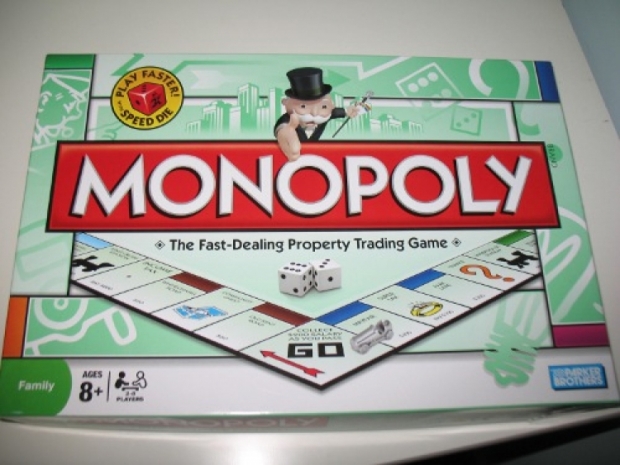Chipzilla was forced to write a check for $1.4 billion in 2009 after the European Commission found it guilty of abusing its dominant position in the market for x86 processors. Intel has been seeking to have the judgment overturned, first by the EU's General Court and then, since 2014, by the EU's highest legal authority, the Court of Justice.
The Court of Justice heard that appeal in June, and now Advocate General Nils Wahl has issued his recommendation to the court. The opinions of the court's advocates general are not binding, but it often follows them.
Wahl wants to take the case back to the General Court for review. He disagreed with the lower court's findings on a number of points of law raised by Intel.
Those points concerned the Commission's treatment of rebates Intel paid to fDell, Lenovo, HP and NEC on condition that they purchased almost all of their x86 CPUs from it, and payments it made to electronics retailer Media-Saturn on condition it sold only computers containing Intel’s x86 CPUs. The rebates and payments, the Commission said, made it harder for Intel’s competitors to compete on the merits of their x86 CPUs, reducing consumer choice and lowering the incentive to innovate.
But Wahl found the court's treatment of the rebates and payments as "exclusivity rebates" led it to overlook the capability of such rebates to restrict competition. HP and Lenovo were still allowed by their agreements with Intel to purchase significant quantities of x86 processors from AMD.
Wahl also doubted whether Intel's market position was dominant enough to be abused. By averaging Intel's market share between 2002 and 2007, he wrote, the court failed to take into account that the company's share was shrinking and by 2007 was no longer sufficient for it to restrict competition.
Wahl questioned if the Commission had jurisdiction over some of Intel's alleged market abuse. The lower court failed to assess whether certain agreements between Intel and Lenovo had immediate and foreseeable anticompetitive effects within the European Economic Area, of which the EU is part, he wrote.
However Wahl did not feel that the fine was disproportionate, and Intel did not point to any legal errors on the part of the General Court in its assessment of the fine.
"I agree with the Commission that the arguments put forward by the appellant in relation to the proportionality of the fine must be declared inadmissible," he wrote.
Looks like this will not be resolved now until next year.




